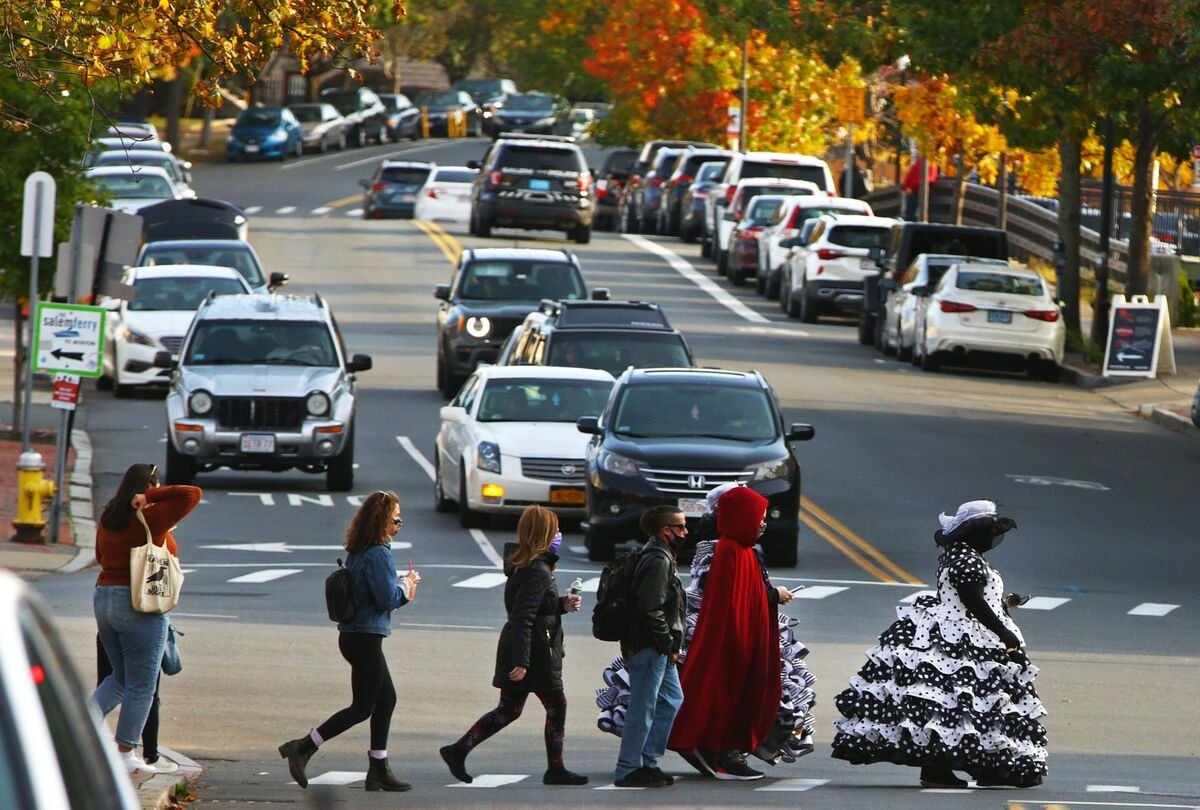The Supreme Court of India has indeed made some groundbreaking rulings recently, emphasizing that pedestrian safety and mobility are fundamental rights under Article 21 of the Constitution, which guarantees the Right to Life and Dignity.
Key Aspects of the Supreme Court’s Ruling-
Right to Safe Footpaths: The court has declared that proper footpaths are a fundamental right under Article 21, stressing they must be free from encroachments and accessible to all, including persons with disabilities.
Governance Failure: The apex court views pedestrian deaths not as accidents but as governance failures, highlighting the need for accountable infrastructure and emergency care.
Directives for States: The Supreme Court has ordered states and union territories to frame guidelines for pedestrian-friendly footpaths, remove obstructions, and ensure accessibility within six months.
Golden Hour Treatment: The court emphasized the importance of immediate cashless treatment during the critical ‘golden hour’ post-accident, criticizing delays in implementing such schemes .
Implications-
Improved Urban Walkability: This judgment aims to enhance pedestrian safety and reduce fatalities across India.
Accountability: States and local authorities are now mandated to prioritize pedestrian infrastructure and safety measures.
Inclusive Accessibility: The ruling underscores the need for footpaths usable by persons with disabilities, aligning with broader rights frameworks.
The Supreme Court of India has emphatically declared that the right to safe mobility is a fundamental right under Article 21 of the Constitution, underscoring that pedestrian deaths are governance failures rather than mere accidents. By linking safe footpaths and accessible infrastructure to the Right to Life and Dignity, the court has directed states and union territories to frame guidelines ensuring pedestrian-friendly spaces, free from encroachments, and accessible to all including persons with disabilities. The ruling highlights accountability of authorities in providing safe public spaces and criticizes delays in implementing measures like cashless ‘golden hour’ treatment for accident victims. This judgment aims to catalyze improvements in urban walkability, reduce fatalities, and affirm dignified movement as an integral part of constitutional rights in India.

